1. Gasoline

Americans have been paying more for gas than ever, yet most have stopped groaning every time they fill up. The price spikes are frustrating, but it’s become part of daily life. People have adjusted by budgeting for higher fuel costs or planning trips more carefully. Even the occasional road trip now comes with a quiet acceptance of the pump price.
Commuters have adapted by using apps to find the cheapest gas or carpooling when possible. Electric and hybrid cars are slowly changing expectations, but for now, gas remains a necessary expense. Many have shifted their focus to fuel efficiency rather than sticker shock. Complaining seems futile when the cost is out of individual control.
2. Rent
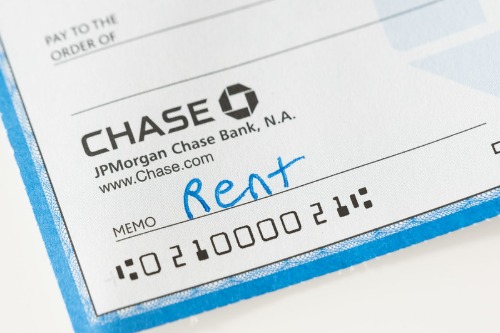
Rent prices in many cities have skyrocketed, yet most tenants quietly pay without much public outcry. It’s a combination of necessity and lack of alternatives. People have gotten used to allocating a huge chunk of their income to housing. Conversations around rent are often more about budgeting hacks than outrage.
Roommates, smaller apartments, and moving farther from city centers have become the norm. Despite this, many Americans accept rent hikes as unavoidable. They focus on perks like proximity to work or amenities rather than rent costs themselves. Over time, rent has become just another regular bill.
3. Coffee
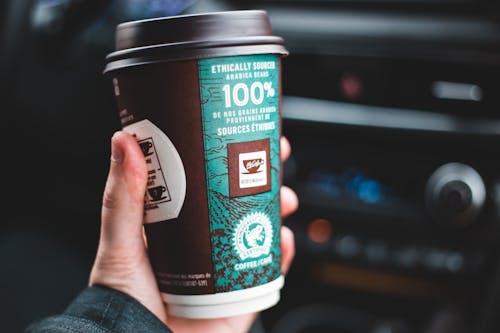
A morning coffee can now easily cost $4 or more, yet complaining about it has waned. The convenience, flavor, and caffeine fix outweigh the sticker shock. People have simply accepted that a daily cup is part of their routine. The ritual itself has become more important than the price tag.
Some have shifted to brewing at home, but many still indulge in the occasional pricey café treat. It’s almost seen as an essential comfort rather than a splurge. Loyalty programs and rewards also make the cost feel less painful. Complaints have faded because skipping coffee feels like a worse option than paying.
4. Streaming Services
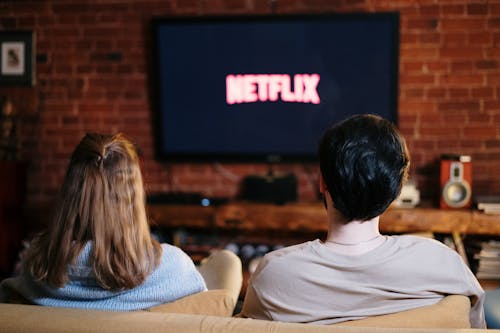
Paying for multiple streaming subscriptions used to provoke complaints, but now most have just accepted it. The convenience of on-demand shows and movies is worth the monthly fees. People have learned to rotate subscriptions or share family plans. Binge-watching has become part of life, cost be damned.
Bundling services or choosing only one primary platform helps many manage the expense. The market has normalized $10–20 monthly payments without much thought. People debate which service is “worth it,” but few argue about paying itself. Entertainment has become a subscription economy, and Americans have adapted.
5. Airline Fees
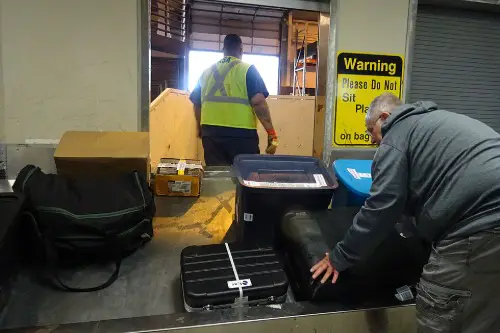
Checked bag fees, seat selection charges, and snacks on flights can feel like a small fortune. Travelers used to complain loudly, but now most just factor them into the ticket price. Airline policies have made extra fees unavoidable. Passengers have grown adept at minimizing costs rather than grumbling.
Frequent flyers plan carefully to avoid surprises, and some even carry on everything to dodge charges. Credit cards and loyalty programs help offset costs as well. The normalization of these fees has shifted expectations completely. Complaining has become a relic of an older, more naive travel era.
6. Gym Memberships

Gym fees can easily reach $50–100 per month, yet most members have stopped griping. Health, fitness, and social reasons outweigh the cost. People budget for membership as a non-negotiable investment in themselves. The focus is on results, not price tags.
Some have switched to cheaper alternatives like home equipment or online classes, but many still pay full price. Acceptance has grown because a gym membership is often tied to identity. People rarely view it as optional even when money is tight. Complaining feels counterproductive when health is on the line.
7. Mobile Data
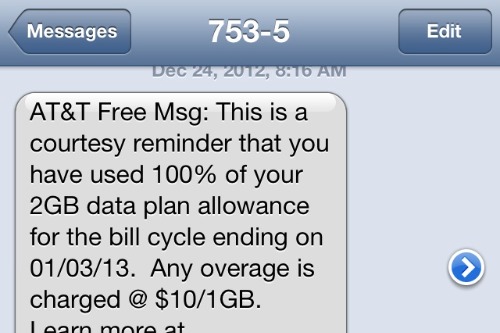
Cell phone bills have climbed steadily, but Americans rarely complain anymore. Unlimited plans, faster networks, and constant connectivity justify the expense. We’ve become so dependent on phones that the price feels unavoidable. Even if the cost is high, the service feels essential.
Data-heavy habits like streaming, gaming, and video calls drive the bills higher. Consumers adapt by tracking usage or switching carriers strategically. Paying for reliable coverage has become normalized. Complaints have faded because it’s considered part of modern life.
8. Prescription Medications

Prescription drug prices are often astronomical, yet most Americans quietly pay up. Health takes precedence over cost concerns. People ration medications or use insurance to offset expenses. The alternative—skipping doses—is simply not an option.
Pharmacy discount cards, generics, and online options help, but the reality remains: medication is essential. Individuals focus on maintaining health rather than protesting prices. Chronic conditions make these costs unavoidable. Americans have largely resigned themselves to the status quo.
9. Fast Food
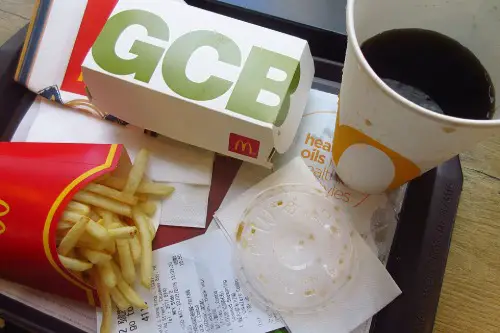
Fast food is convenient but increasingly pricey, yet few complain anymore. It’s a go-to for busy families and professionals. People justify the cost with time saved and convenience. A quick meal feels worth a few extra dollars.
Chains have introduced value menus, combos, and apps for deals, which softens the blow. Most diners accept minor price increases without much fuss. The trade-off for speed and accessibility outweighs grumbling. Fast food has become an accepted, everyday indulgence.
10. Concert Tickets
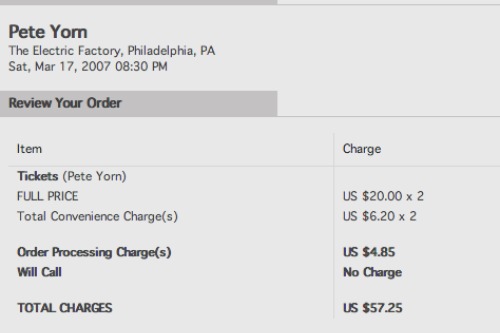
Live music is more expensive than ever, but fans rarely complain publicly. The experience and memories are considered priceless. Ticket prices have risen alongside production costs and demand. Most fans budget ahead and adjust expectations accordingly.
Some concerts sell out instantly, so paying premium prices is almost inevitable. VIP packages, merchandise, and fees add up, but enthusiasts accept it. People have stopped seeing cost as a barrier to enjoyment. The cultural value of live events outweighs financial frustration.
11. Home Maintenance
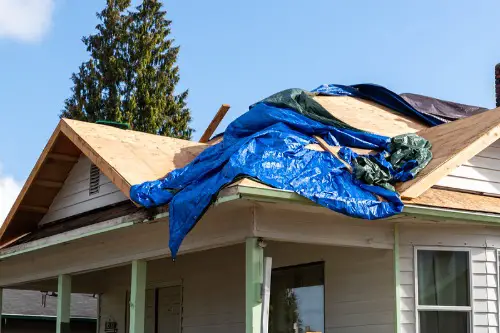
Roof repairs, HVAC servicing, and appliance replacements have all become costly, yet homeowners rarely complain. Maintaining a home is seen as a necessity, not a choice. Unexpected expenses are built into budgets. People accept that upkeep is part of owning property.
DIY projects and preventive maintenance help, but major repairs remain expensive. Homeownership has normalized these financial surprises. Discussions tend to focus on solutions rather than price shock. Most homeowners quietly adjust, rather than vent.
12. Airline Tickets
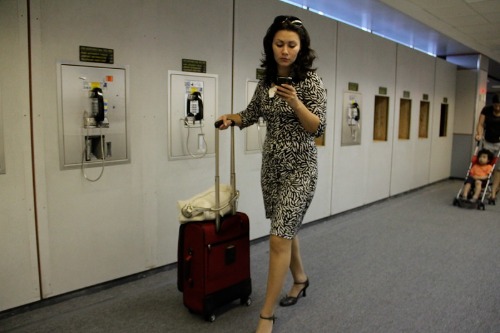
Domestic and international flights have become expensive, yet passengers rarely whine anymore. Travel is framed as an investment in experiences. Ticket costs are factored into annual budgets. People often hunt for deals but pay without complaint when necessary.
The rise of dynamic pricing makes complaints seem futile. Travelers focus on perks, loyalty points, and timing strategies. The convenience of flying outweighs the high cost. Paying the price has become a normal part of planning trips.
13. Childcare

Childcare expenses are staggering, yet parents rarely complain publicly. Quality care for children is seen as non-negotiable. Families budget months in advance for daycare or preschool. The emotional peace of knowing children are safe justifies the cost.
Some parents balance costs with flexible schedules or family support. Government programs help, but gaps remain. Parents often see the expense as unavoidable. Complaints have faded because it’s a fundamental part of modern parenting.
14. Internet Service
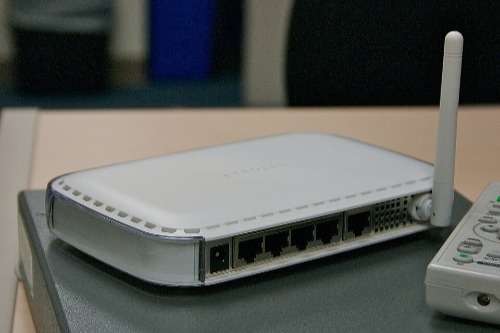
High-speed internet is essential, yet most Americans accept high monthly bills without grumbling. Work, school, entertainment, and communication all depend on reliable connectivity. Price increases are accepted as part of modern life. People complain less because it’s non-optional.
Bundles and loyalty deals can mitigate some cost, but overall fees remain high. The internet is now viewed as a utility rather than a luxury. Consumers adjust to the expense rather than resist it. Paying for connection has simply become normal.
This post 14 Everyday Expenses That Americans Have Just Given Up Complaining About was first published on American Charm.


